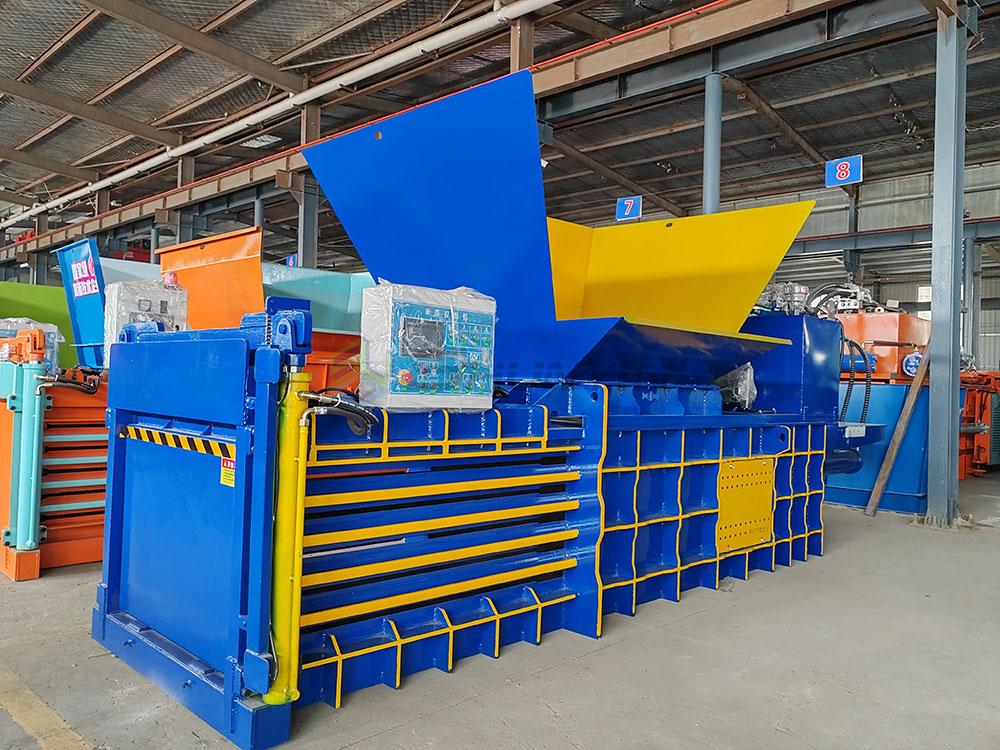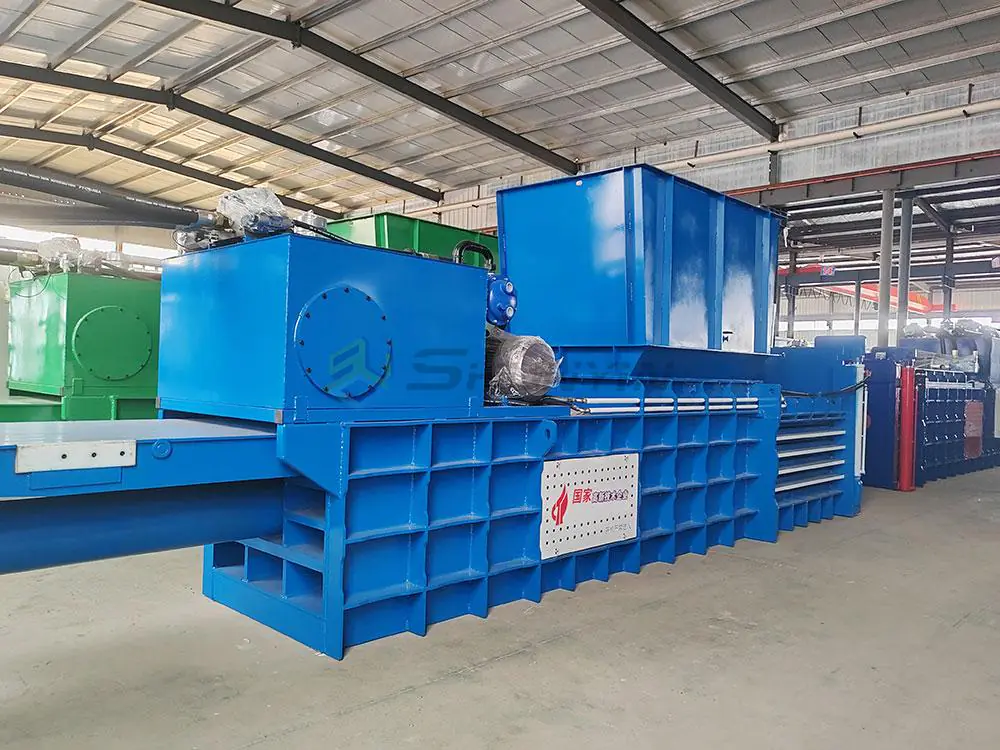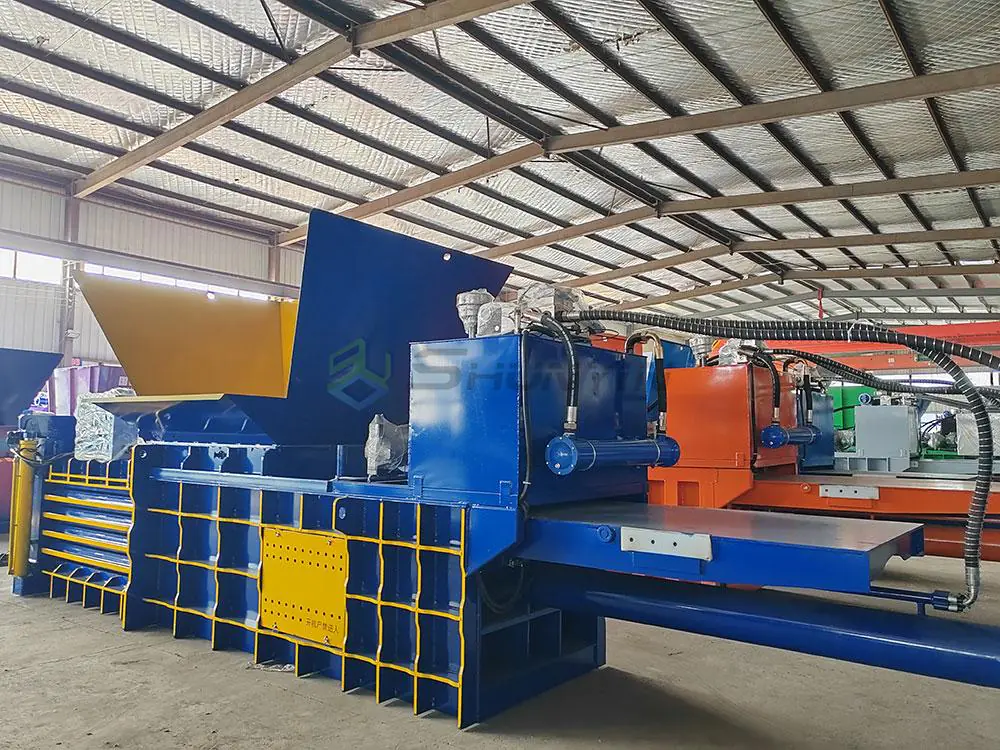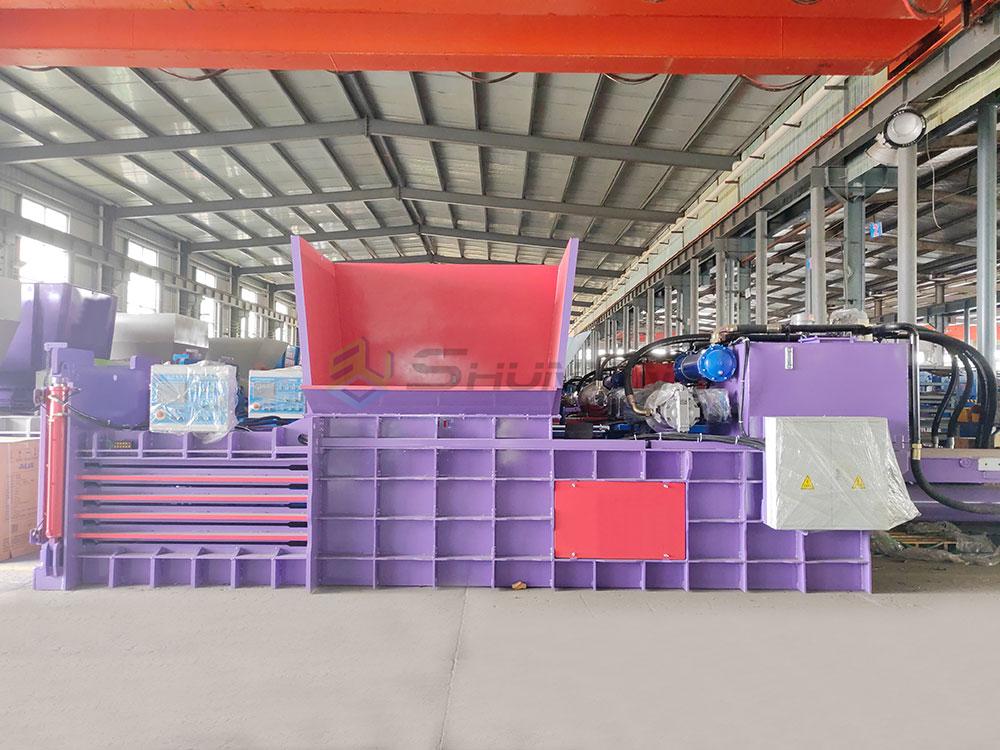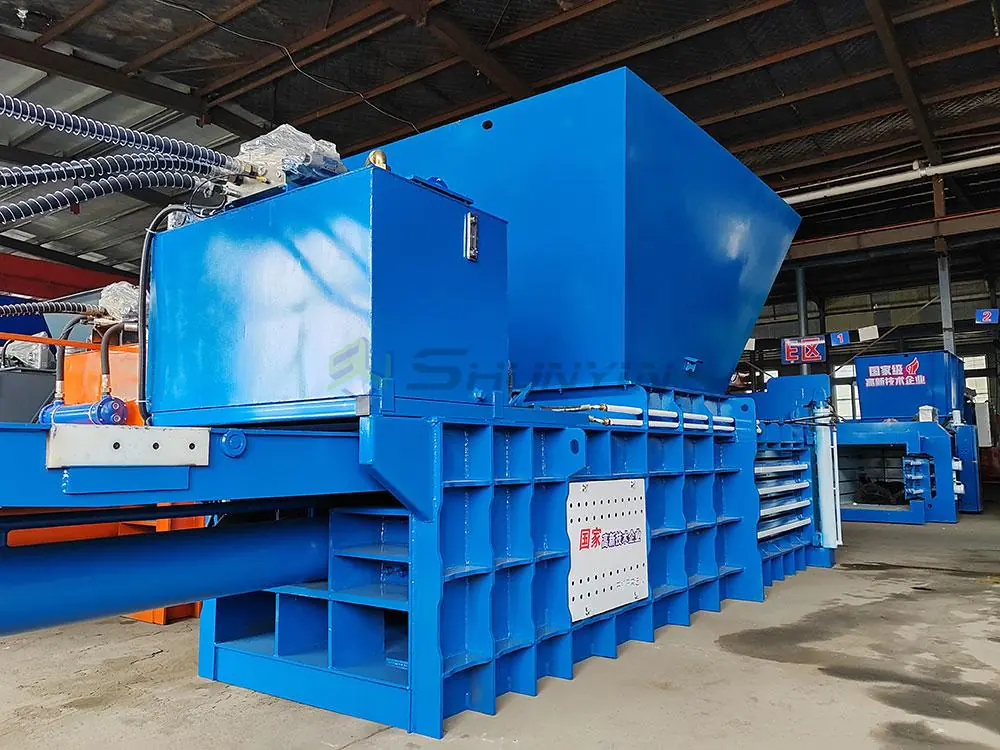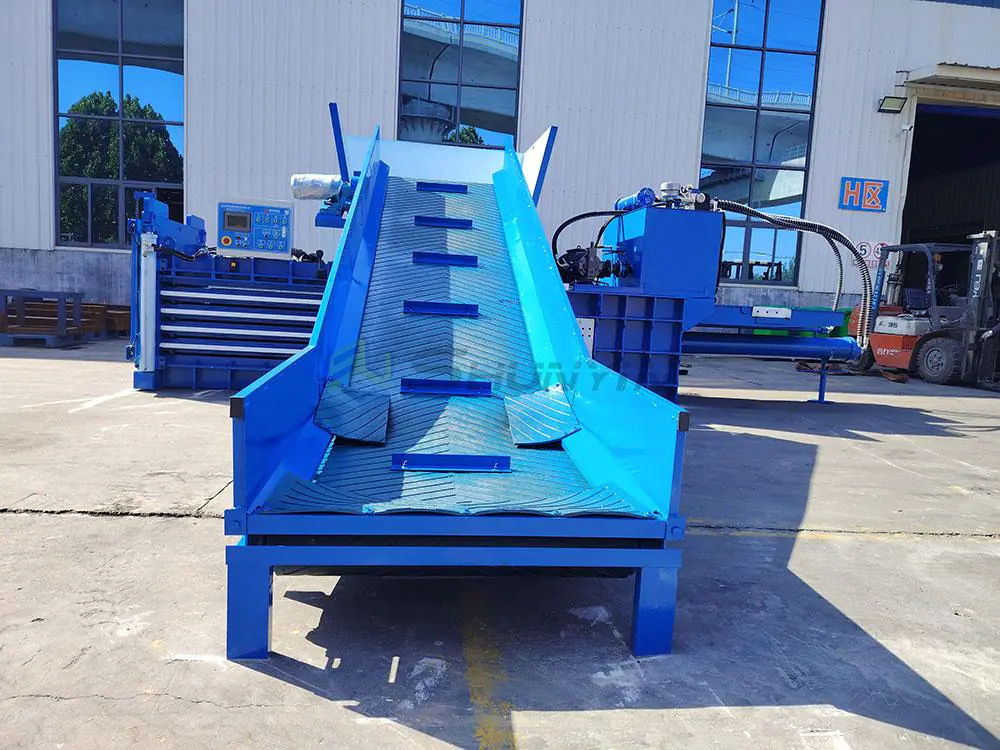
When searching for hydraulic balers for recycling, finding the right supplier is crucial. You may be overwhelmed by the different options available, but knowing what to look for can save time and money. Here, we explore how you can locate wholesale hydraulic balers suitable for your recycling needs.
Wholesale hydraulic balers for recycling can be found on B2B marketplaces like Alibaba, Made-in-China, and Global Sources, as well as manufacturer websites like Jining Shunyin Machinery1 and Zhengzhou Sinobaler. Industrial equipment dealers and exhibitions also offer competitive pricing for bulk orders.
Exploring the right suppliers can feel like navigating a maze, but understanding the factors that matter most can simplify the process. Let’s dive deeper into the most common questions that arise when you search for hydraulic balers for recycling.
What is the average price of a baler?
The price of hydraulic balers varies greatly depending on the type, capacity, and features. So, what should you expect when looking for one?
The average price of a hydraulic baler ranges from $10,000 to $50,000 or more, depending on the machine’s specifications. Features like automation, size, and material handling capacity can significantly affect the price.

Factors Influencing Price
Several factors can determine the final cost of a baler:
- Baler Type: Horizontal and vertical balers have different price ranges. Horizontal balers are usually more expensive due to their larger size and greater capacity.
- Capacity: The more material the baler can handle, the higher the price.
- Automation: Balers with automatic feeding, compacting, and ejecting systems will cost more than manual or semi-automatic models.
Here’s a breakdown of average prices for different baler types:
| Baler Type | Average Price Range |
|---|---|
| Vertical Baler | $10,000 – $20,000 |
| Horizontal Baler | $20,000 – $50,000 |
| Fully Automated | $30,000 – $100,000 |
The price is directly linked to the baler’s features and material-handling capacity.
What is a scrap baler?
Scrap balers are designed specifically for compressing waste scrap metal, paper, or plastic into neat bales. These machines are essential in the recycling industry for managing large volumes of waste materials.
A scrap baler is a machine used to compress various scrap materials into bales for easy storage and transportation. Scrap balers are essential for companies handling metal, plastic, or paper waste.

Types of Scrap Balers
Scrap balers can be used for a wide range of materials. Below are the most common types:
- Metal Scrap Balers: These are used to compress various forms of scrap metal, including aluminum, steel, and copper. These balers often come with heavy-duty features to handle tough materials.
- Plastic Scrap Balers: These are used to compact plastic waste into bales that can be reused or recycled.
- Paper Scrap Balers: Paper scrap balers are commonly used in paper recycling industries, helping compress large volumes of paper waste.
Scrap balers differ in capacity, size, and the type of scrap material they can handle.
Key Considerations for Scrap Balers
- Material Type: Make sure the baler is designed for the type of scrap you are handling. For example, a baler meant for metal will have different components than one used for plastic.
- Bale Size: Depending on your requirements, you may need a baler that creates smaller or larger bales.
What are recycling bales?
Recycling bales are compacted collections of recyclable materials, such as paper, metal, or plastic. These bales make it easier to store, transport, and recycle large volumes of waste material.
Recycling bales are dense, compact bundles of materials, typically made from metals, plastics, and paper. These bales are created using balers and are crucial for the efficient recycling of waste.
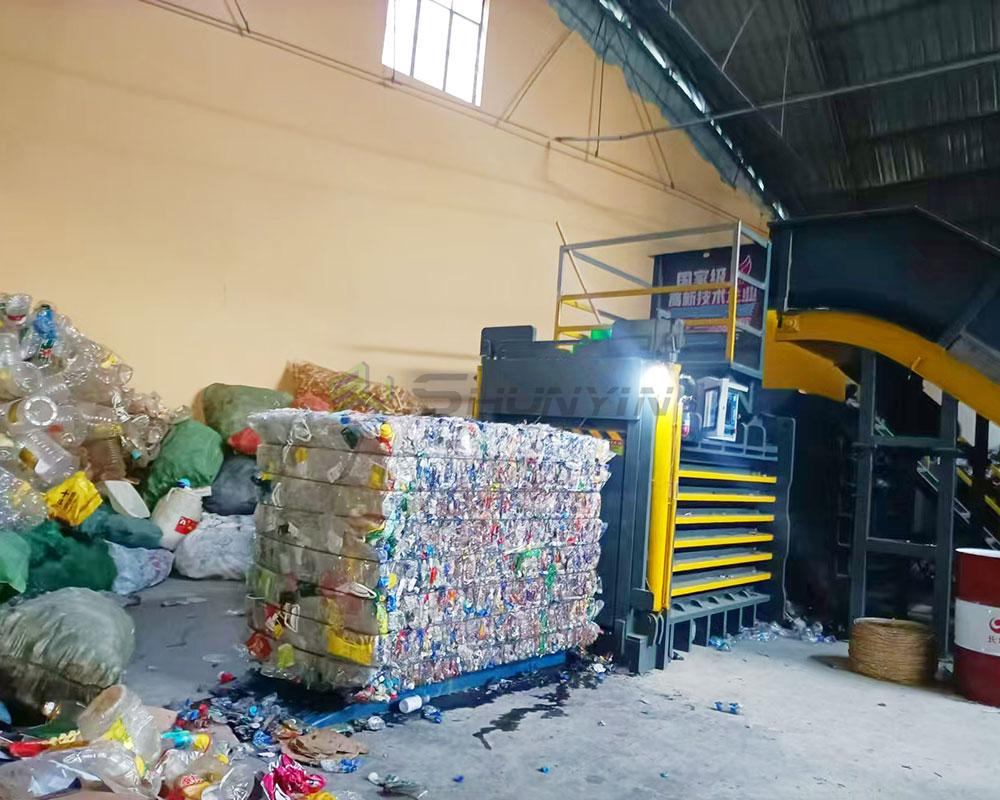
Benefits of Recycling Bales
- Space Efficiency: Bales take up less space than loose waste, allowing for easier storage.
- Transportation: Bales are easier and cheaper to transport, especially for large quantities of recyclable materials.
- Easier Sorting: Once bales are made, the materials are sorted and processed more efficiently at recycling facilities.
How Are Recycling Bales Used?
- Sorting Facilities: Recycling plants use baled materials for efficient sorting and processing. The bales are opened, sorted, and then recycled into new products.
- Paper and Plastic Recycling: Baled paper and plastic can be sent to specialized facilities where they are processed into new products like packaging or insulation.
The process of baling waste material reduces the environmental footprint by making recycling more efficient.
What is a garbage baler?
Garbage balers are used to compress mixed waste or garbage into manageable bales. Unlike scrap balers, these are designed for handling a wider variety of waste, such as food waste, household garbage, and industrial waste.
A garbage baler is a machine that compacts household or industrial waste into dense bales for easy handling and transport. These balers help reduce the volume of waste generated by various industries.

Types of Garbage Balers
There are different types of garbage balers available, and each serves a unique purpose:
- Industrial Garbage Balers: These are used in factories, warehouses, and large facilities to compress a variety of waste materials.
- Commercial Garbage Balers: These are used by businesses to compact food packaging, plastic, and other types of commercial waste.
- Household Garbage Balers: Smaller machines meant for homes or smaller businesses that need to manage waste effectively.
The Importance of Garbage Balers
Garbage balers help reduce the amount of space required for waste storage. They also minimize waste sent to landfills, supporting sustainable waste management practices.
Garbage Baler Features
| Feature | Purpose |
|---|---|
| Auto Feeding | Allows automatic loading of waste |
| High Compaction Force | Ensures dense, manageable bales |
| Easy Operation | Simple to use for any worker |
The key feature of a garbage baler is its ability to process various types of waste efficiently, making it a great tool for reducing waste volume.
Conclusion
When looking for wholesale hydraulic balers for recycling, it is important to consider price, capacity, material type, and supplier reliability. Balers come in various types—scrap, recycling, and garbage balers—each serving a different purpose. Understanding your needs and the types of balers available will help you choose the best option for your recycling operations.
-
Jining Shunyin Machinery Co.,Ltd Baling Machine Manufacturer ↩


